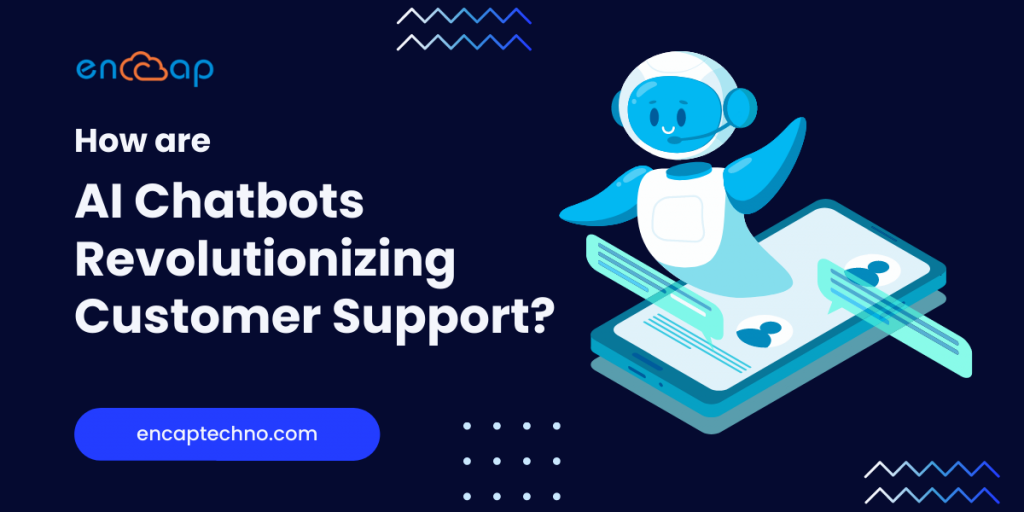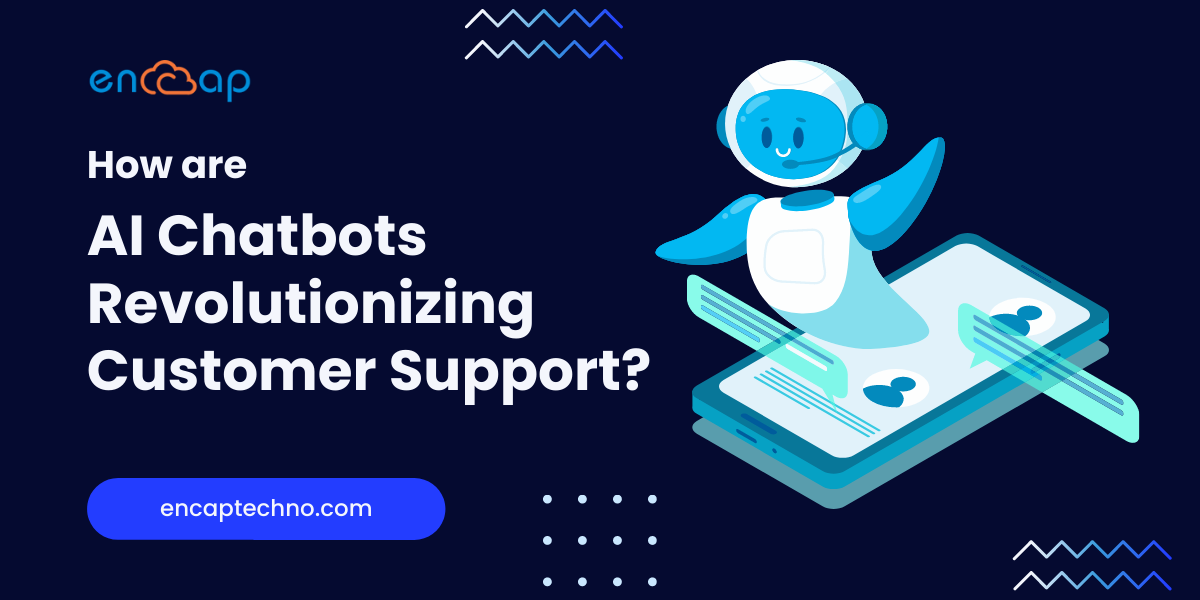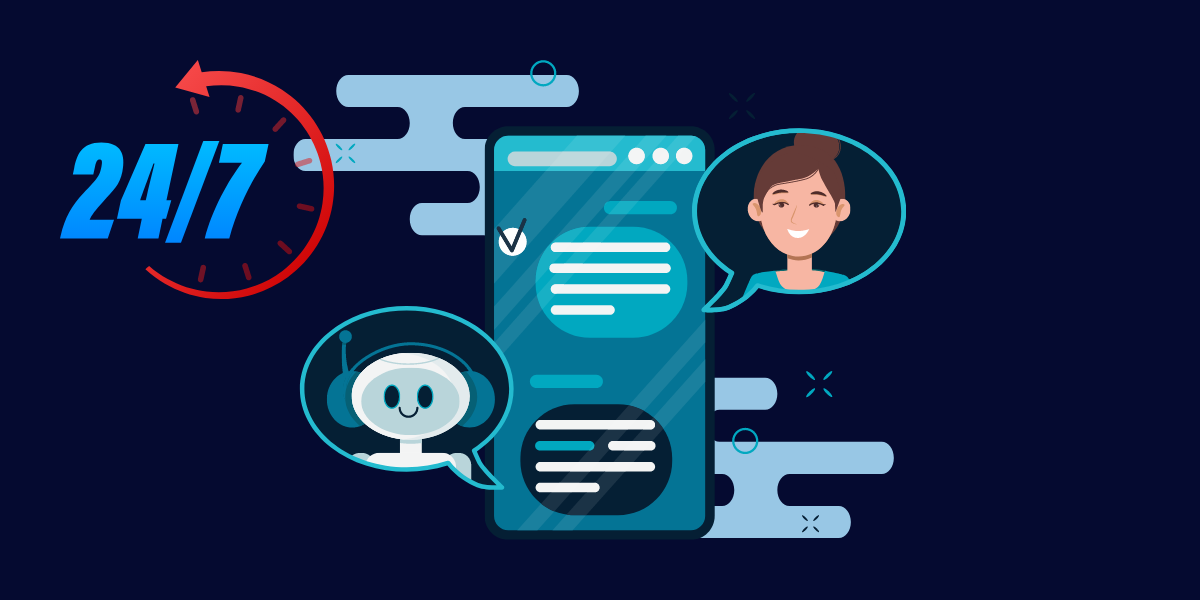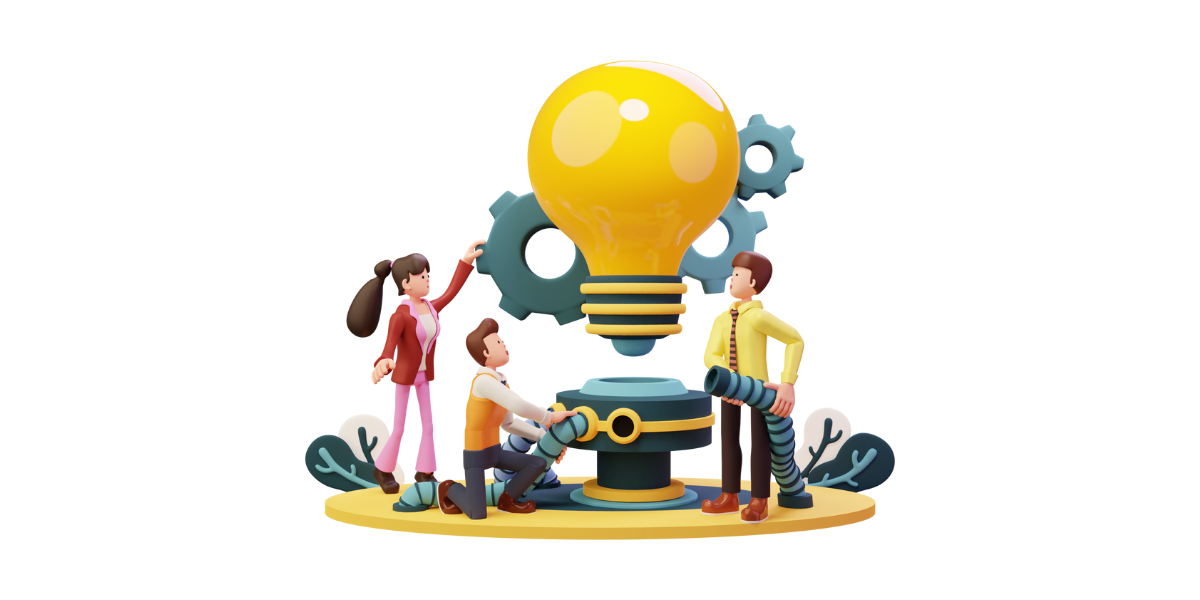What is Predictive Lead Scoring and How Can It Help You?
One of the most common struggles faced by sales professionals is sifting through countless leads for finding which one is actually worth pursuing at the end. An effective solution that solves this problem at hand is called predictive lead scoring.

With the use of predictive lead scoring, it is possible to streamline the lead-scoring process while focusing on promising prospects for improved conversions. A good predictive lead scoring software can use historical patterns and behaviors for predicting a lead’s conversion chance using data and analytics.
In this blog, we will explore the possible benefits and importance of predictive lead scoring and how it can help in prioritizing efforts and driving revenue growth. To begin with, let us begin by understanding what is predictive lead scoring.
What is Predictive Lead Scoring?
Predictive lead scoring is the process that is used in sales and marketing for finding which leads have a high chance of becoming well-paying customers in the future. All leads take a numerical value or ranking based on specific behaviors, characteristics, and interactions on a website, social media platforms, email campaigns, and other touch points.
The common predictive lead scoring algorithm also considers different variables that can suggest a lead’s common probability to convert while including demographic data, size of the company, job title, degree of interaction with the company website, and past purchases.
The sales and marketing teams can focus all of their efforts and resources on all promising leads by employing the predictive lead scoring process which eventually helps in boosting the effectiveness of the outreach and also helps in increasing the conversion rates. This is a method that can help businesses in finding where their lead generation and marketing strategies need work.
To understand this a little better, let us talk with examples. Think of two leads called X and Y. On the basis of their behavior and other rules set important for a firm, Lead X may have 60 points based on the predictive lead scoring method while Lead Y may have 30 points. This rating is descriptive of the fact that lead X has more chances of getting converted in the future. However, this does not mean that you ignore lead Y. After you are done converting lead X, you can now look at the probable factors affecting the low score of lead Y and develop a plan to increase its ratings.
Why Should Companies Use Predictive Lead Scoring?
There are many reasons why you should adopt predictive lead scoring in business development. We will mention them below one by one.

1. Improved Lead Targeting
Predictive lead scoring is a process that helps in finding which leads can be converted easily. It enables you to focus on resources that have maximum potential. It is possible to improve the lead conversion rates and also increase sales by targeting your efforts effectively
2. Lead Qualification
The process of predictive lead scoring also helps in automating a significant portion of the lead qualification process along with saving time and effort by finding all high-potential prospects. The sales and marketing teams can become increasingly effective which then frees them up to take up more work and get other essential tasks done.
3. Customer Experience
Predictive lead scoring also ensures that you deliver a much more personalized and relevant customer experience by customizing your messaging and offers to specific needs and interests. You can customize the customer experience and build a rather stronger relationship with customers while also increasing their loyalty to your brand.
3. Data-Driven Valuable Insights
With a detailed analysis of the data used in predictive lead scoring, you can gain important insights about customer behavior and preferences. Moreover, you can also understand your customers so that the marketing and sales strategies are improved eventually and new growth opportunities are discovered.
4. Competitive Edge
With the help of predictive lead scoring, you can effectively gain a competitive edge because it helps in identifying and converting high-potential leads quickly as compared to competitors. Gaining this edge can help you in gaining more profitability and grow your market share as well.
Importance of Predictive Lead Scoring
Businesses can effectively profit much more than the combination of human intuition and machine learning algorithms. This can be successful in the predictive lead scores. Some of the reasons why predictive lead scoring help are mentioned below.
1. Work With Data-Driven Insights
Let’s take an example of predictive lead scoring in the sense of a functional e-commerce website. When you track a user’s behavior on the website including the visited pages, products seen, and items added to the cart, the website finds it easy to score all users for making a purchase.
It is also possible to personalize the user experience with lead scores by offering discounts and suggesting products that are relevant to their interests. Predictive lead scoring does an excellent job of making data-driven decisions that can improve the effectiveness of marketing and sales efforts which then results in better revenue.
Data precision insights into the potential value of all leads or users enable businesses to allocate their resources effectively and focus more on growth opportunities.
2. Saves More Time
The lead scoring process is important for all successful sales teams but the conventional approach of manual scoring can be time-consuming and also prone to human errors. With predictive lead scoring, improved methods of data consolidation from different sources can offer quick and accurate results.
Predictive lead scoring can save the sales team and also allow it to focus on higher-value tasks including engaging with qualified leads. In addition, the automation of lead scoring can also effective reduce all risks of human errors.
While being dependent on manual scoring, you can often miss out on significant details and sometimes even misjudge the quality of a lead. However, with automated scoring, this algorithm follows predefined rules making sure that all leads are evaluated without any bias.
3. Sales and Marketing Symbiosis
The importance of good communication between a company’s sales and marketing departments must never be doubted. When the teams collaborate well, they can effectively develop a robust strategy that can also promote further development.
Moreover, sales and marketing teams can also work together for defining requirements that can be used for scoring leads. Aligning the teams with lead score criteria makes sure that teams are in proper sync on qualified leads and the data that should be considered.
4. Sharing Data
The teams can effectively share collected data for getting precise predictions that can further be helpful for making important decisions.
Marketing can offer data including website traffic, social media engagement, and email opening rates while sales can offer important data including deal size, closing rates, etc.
5. Monitor and Change The Process
The sales and marketing teams can also consistently monitor the lead scoring process for ensuring that everything works effectively.
You can track the process and include the accuracy of predictions, find possible areas for improvement, and also adjust scoring criteria just as required.
Improve Your Sales and Marketing Efforts With Predictive Lead Scoring
Predictive lead scoring provides many benefits for businesses that wish to improve their sales and marketing efforts cumulatively. They come with peculiar benefits for both the sales and marketing teams. Let’s look at these benefits below.

Sales Team
The importance of lead scoring is such that it enables you to prioritize leads based on their likelihood to get converted. You can target leads based on this which further means that sales representatives can focus more on engaging with leads to become customers rather than wasting time on low-quality leads.
The sales teams can also customize the outreach to specific leads by using the benefits of predictive lead scoring. Some ways in which this can be done include customizing messaging, offering targeted promotions, and providing specific product recommendations.
Predictive lead scoring also helps in offering insights into where the leads are in the sales funnel and how they can be optimized further. For instance, in case a specific stage of the funnel is causing the leads to drop off then the team can focus on improving the lead conversion process.
Finally, predictive lead scoring software offers a measurable way to evaluate the success of a sales team. You can track conversion rates of leads with many different scores while gaining insights into what is working and what is not so that you can adjust this approach accordingly.
Related Read: Grow Sales With Effective Lead Management
Marketing Teams
The predictive lead scoring software can also offer insights into which marketing campaigns and channels are effective for generating high-quality leads. Obtaining the insights helps marketing teams to streamline strategies and allocate resources accordingly.
In addition, predictive lead scoring is also an extremely powerful tool for marketing teams to increase efficiency, improve lead quality, and ensure more revenue. You can leverage predictive lead-scoring software for achieving better results and staying ahead of the competition.
Related Read: Best Digital Marketing Strategies for Lead Generation
Choosing a Perfect Predictive Lead Scoring Software
The process of choosing the right predictive lead-scoring software for a business is important because it includes many different aspects. You should identify all features you want to have in a predictive lead-scoring software, shortlist them and choose the ones you want finally. Check out these features and the accuracy they present by reading more reviews and case studies.
Some factors that you must keep in mind while choosing the right lead-scoring software are mentioned below.
1. Integration
The software must integrate with the present marketing automation and customer relationship management system. Remember that it is necessary for this software to go with the present data systems so that you can effectively analyze data and also offer accurate predictions.
2. User Friendly
It is important to choose a predictive lead scoring software that can be user-friendly and also can be integrated into the sales and marketing workflows effectively. The software must be intuitive and offer actionable insights as well.
3. Customization
It is necessary to choose software that enables customization for meeting unique needs. This also includes lead scoring models and adjusting weights for reflecting the importance of different data points.
4. Customer Support
Remember to choose a predictive lead scoring software that is capable of offering dependable and responsive customer support at all times. The vendor should be able to offer access to training resources, a support team, and documentation so that you can troubleshoot any problems.
5.Cost
Finally, make sure that the software’s price is considered and that it fits your budget properly. You should check for software that is capable of offering a reasonable price with features that are needed and also avoid overspending on features that are not required.
Zoho SalesIQ – The Best Predictive Lead Scoring Software
Zoho’s SalesIQ offers all these features with advanced AI algorithms, customizable models, seamless integrations with other applications, and also real-time scoring which makes it a renowned choice among businesses. It also comes with features to help businesses engage with website visitors, find high-quality leads, and convert them into customers.
Some of the features that this software offers are:
1. Customizable Lead Scoring Models
Zoho SalesIQ enables businesses to create custom lead scoring models that can reflect unique business needs. This includes adjusting the scoring criteria for reflecting the importance of different factors.
2. Advanced Lead Scoring
Zoho SalesIQ also uses advanced algorithms for predicting the likelihood of a lead converting into a customer. It helps businesses to prioritize high-quality leads and focus more on sales and marketing efforts.
3. Website Visitor Tracking
You can get information on website visitors including their location, pages visited, and the time that they spend on the site.
4. Marketing Automation
Zoho SalesIQ helps in combining marketing automation for prioritizing leads, personalizing campaigns, optimizing spending, automating leads, and improving sales coordination. It also integrates effectively with Zoho CRM and other CRM systems for tracking leads and managing customer data.
5. Cost Effective
Zoho SalesIQ also offers affordable and transparent pricing plans suitable for businesses of all sizes while making it accessible to small and medium-sized businesses.
Empower Your Sales with Zoho SalesIQ’s Predictive Lead Scoring
In case your marketing and sales teams have been facing challenges with finding top leads while being unable to follow up with everyone predictive lead scoring is what your company needs.

Zoho SalesIQ can help you with the best predictive lead scoring with the aim to improve the revenue of your company significantly. Get in touch with our consultants at Encaptechno to know more about implementing the Zoho SalesIQ and use the best of what Zoho SalesIQ has to offer.
What is Predictive Lead Scoring and How Can It Help You? Read More »
Zoho, Zoho SalesIQ














